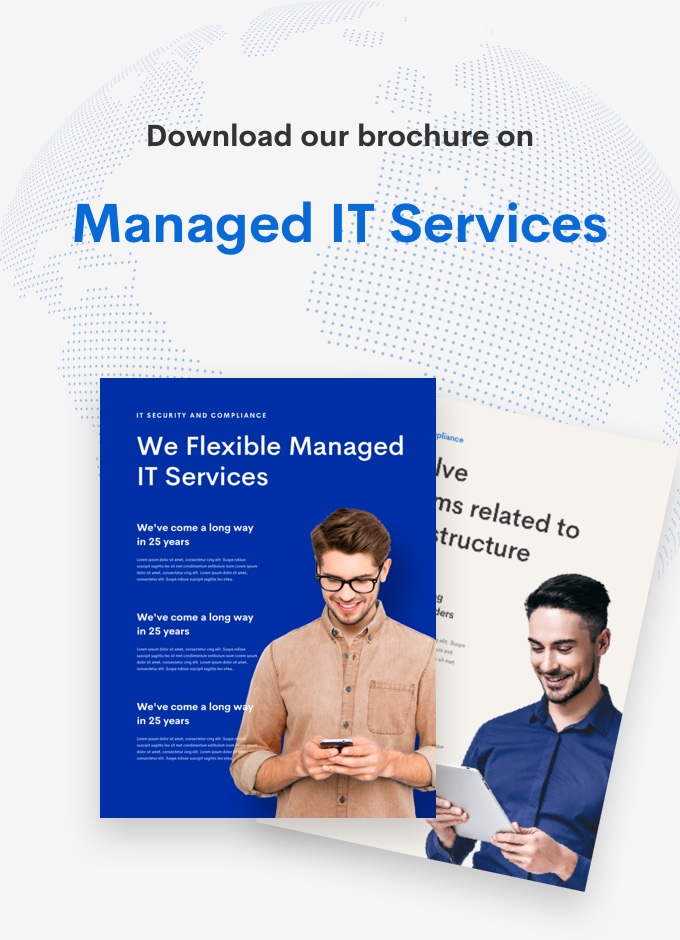Top 7 Benefits of Implementing Corporate E-Learning Solutions in Your Organization

Top 7 Benefits of Implementing Corporate E-Learning Solutions in Your Organization
In today’s rapidly evolving business landscape, the need for continuous learning and development is more critical than ever. Traditional training methods, while still valuable, often fall short of meeting the dynamic needs of modern organisations. This is where corporate e-learning solutions come into play. With the help of the power of digital technology, e-learning offers multiple benefits that can transform how organisations train and develop their workforce. Here, we explore the top seven advantages of implementing e-learning solutions in your organisation.
1.Cost-Effectivenes
One of the most compelling benefits of e-learning is its cost-effectiveness. Traditional training programs can be expensive. Because, it involves costs for travel, venue hire, printed materials, and instructor fees. Conversely, e-learning greatly diminishes these costs.
With e-learning, content can be created once and reused multiple times, saving on material costs. Moreover, online training eliminates the need for travel and accommodation expenses, as employees can participate from anywhere with an internet connection. Employees can integrate training into their work schedules more efficiently. As a benefit, it saves money, as well as reduces downtime.
Example: TCS, one of India’s largest IT services firms, utilises e-learning extensively to train its vast workforce globally. By using e-learning platforms, TCS has significantly reduced training costs associated with travel, venue rentals, and printed materials. So, this approach allows TCS to provide consistent and cost-effective training to employees across different locations.

2. Flexibility and Accessibility
E-learning provides unparalleled flexibility in terms of time and location. So, employees can access training materials at their convenience, whether they’re in the office, at home, or on the go. This flexibility is particularly beneficial for organisations with a geographically dispersed workforce or those operating in multiple time zones.
Learners can engage with e-learning content at their own pace. For this reason, they can absorb information more effectively without the pressure of a traditional classroom setting. This self-paced learning model accommodates various learning styles and schedules. In this way, it promotes a personalised and effective training experience.
Example: Infosys, a global leader in consulting, technology, and outsourcing, employs e-learning to provide flexible training options to its diverse workforce. Employees can access training modules online at their convenience, whether they are working from the office, remotely, or during business travel. So, this flexibility ensures that learning can fit into employees’ schedules without disrupting their work routines.
3. Scalability
E-learning solutions are inherently scalable, making them an ideal choice for organisations of all sizes.
Do you need to train a handful of employees or thousands?
These corporate e-learning platforms can easily accommodate your needs without requiring significant additional resources. This scalability is particularly advantageous for growing companies or those experiencing rapid changes. New employees can be onboarded quickly and efficiently. In this condition, existing staff can continuously update their skills in response to evolving industry trends or organisational needs.
Example: Wipro, a multinational IT consulting and system integration services company, uses e-learning to scale its training efforts efficiently. With operations in multiple countries and a large employee base, Wipro’s e-learning initiatives enable rapid deployment of training programs to thousands of employees simultaneously. This scalability ensures that all employees receive timely and consistent training tailored to their roles and responsibilities.
4. Consistent Training and Standardization
Ensuring consistent training across an organisation can be challenging, especially for large, multinational companies. In this regard, E-learning provides a standardised training experience that ensures all employees receive the same information, presented uniformly.
This consistency helps maintain quality and compliance standards, as all employees are trained to the same level of understanding and competence. It also makes it easier to update training materials and ensure that everyone has access to the latest information.
Example: HDFC Bank, one of India’s largest private sector banks, relies on e-learning to deliver standardised training across its extensive branch network. E-learning platforms ensure that all employees, from customer service representatives to branch managers, receive uniform training on banking regulations, customer service protocols, and new product offerings.

5. Enhanced Engagement and Retention
E-learning platforms often incorporate interactive elements such as quizzes, simulations, and gamification, which can significantly enhance learner engagement. These interactive features make learning more enjoyable and can improve retention of information.
Gamification, for instance, uses game-like elements such as points, badges, and leaderboards to motivate learners and create a sense of achievement. This approach not only makes training more engaging but also encourages employees to actively participate and retain more of what they learn.
Example: Tech Mahindra, a leading provider of digital transformation, consulting, and business reengineering services, integrates gamification into its e-learning programs to enhance engagement and retention. By incorporating interactive elements such as quizzes, challenges, and leaderboards, Tech Mahindra motivates employees to actively participate in training activities.
6. Real-Time Analytics and Feedback
One of the key advantages of e-learning is the ability to track and analyse learning progress in real-time. Corporate e-learning platforms provide detailed analytics that offer insights into how employees are engaging with the content, their performance, and areas where they may need additional support.
This data-driven approach helps organisations measure the effectiveness of their training programs, identify knowledge gaps, and tailor future training to better meet employee needs. Also, instant feedback mechanisms enable learners to understand their progress and areas for improvement immediately.
Example: ICICI Bank, one of India’s largest private sector banks, uses e-learning analytics to monitor employee training progress and performance. Real-time analytics provide insights into employees’ learning behaviours, performance metrics, and areas where additional support may be needed. This data-driven approach enables ICICI Bank to continuously optimise its training programs, ensuring that employees acquire the skills necessary to deliver exceptional banking services.
7. Environmentally Friendly
Corporate e-learning is a greener alternative to traditional training methods. It reduces the need for printed materials and minimises travel-related carbon emissions. In this way, it contributes to a more sustainable business model.
By adopting e-learning, organisations can demonstrate their commitment to environmental responsibility, which is increasingly important to stakeholders, employees, and customers. This can also enhance the company’s reputation and appeal to eco-conscious clients and job seekers.
Example: Mahindra & Mahindra, a multinational automobile manufacturer, embraces e-learning as part of its commitment to sustainability. By transitioning from traditional classroom-based training to e-learning platforms, Mahindra & Mahindra reduces paper consumption and minimises carbon emissions associated with travel.
Conclusion
Implementing corporate e-learning solutions offers a wealth of benefits that can transform the way organisations train and develop their workforce. From significant cost savings and enhanced flexibility to the ability to scale and provide consistent training, e-learning is a powerful tool that meets the demands of modern businesses. Additionally, it promotes greater engagement and retention, provides valuable data insights, and supports environmental sustainability.Incorporating e-learning into your corporate training strategy can lead to more efficient, effective, and enjoyable learning experiences for employees, ultimately driving better organisational performance and success. Whether you’re looking to enhance your current training programs or embarking on a new learning initiative, e-learning provides a versatile and impactful solution that can meet your needs now and in the future. For the best corporate learning solutions, choose OliveQsol. We create corporate learning programs that cover onboarding, training, and sales enablement, as well as process workshops, ensuring they are visually captivating and highly effective.


